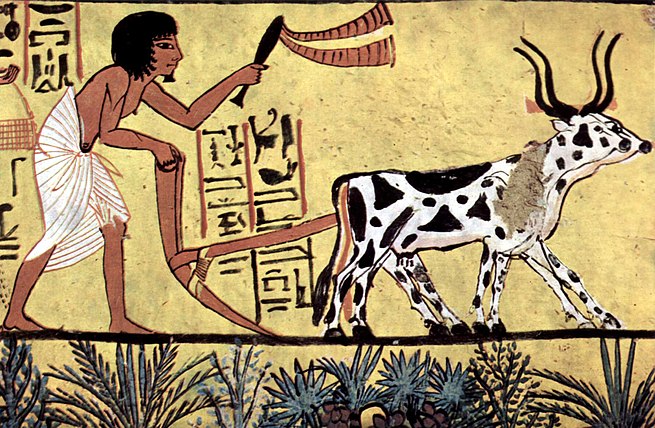
Main Difference
The main difference between Agronomy and Agrostology is that the Agronomy is a branch of agricultural science which deals with principles and practices of soil, water, and crop management. Abha di and Agrostology is a scientific study of the grasses
-
Agronomy
Agronomy is the science and technology of producing and using plants in agriculture for food, fuel, fiber, and land restoration. It is both a humanitarian career and a scientific one. Agronomy has come to encompass work in the areas of plant genetics, plant physiology, meteorology, and soil science. It is the application of a combination of sciences like biology, chemistry, economics, ecology, earth science, and genetics. Agronomists of today are involved with many issues, including producing food, creating healthier food, managing the environmental impact of agriculture, distribution of agriculture, and extracting energy from plants. Agronomists often specialise in areas such as crop rotation, irrigation and drainage, plant breeding, plant physiology, soil classification, soil fertility, weed control, and insect and pest control.
-
Agrostology
Agrostology (from Greek ἄγρωστις, agrōstis, “type of grass”; and -λογία, -logia), sometimes graminology, is the scientific study of the grasses (the family Poaceae, or Gramineae). The grasslike species of the sedge family (Cyperaceae), the rush family (Juncaceae), and the bulrush or cattail family (Typhaceae) are often included with the true grasses in the category of graminoid, although strictly speaking these are not included within the study of agrostology. In contrast to the word graminoid, the words gramineous and graminaceous are normally used to mean “of, or relating to, the true grasses (Poaceae)”.
Agrostology has importance in the maintenance of wild and grazed grasslands, agriculture (crop plants such as rice, maize, sugarcane, and wheat are grasses, and many types of animal fodder are grasses), urban and environmental horticulture, turfgrass management and sod production, ecology, and conservation.
Botanists that made important contributions to agrostology include:
Jean Bosser
Aimée Antoinette Camus
Mary Agnes Chase
Eduard Hackel
Charles Edward Hubbard
A. S. Hitchcock
Ernst Gottlieb von Steudel
-
Agronomy (noun)
The science of utilizing plants, animals and soils for food, fuel, feed, and fiber and more. To do this effectively and sustainably, agronomy encompasses work in the areas of plant genetics, plant physiology, meteorology, animal sciences and soil science.
“husbandry”
-
Agrostology (noun)
the study of grasses
Agronomy Illustrations




